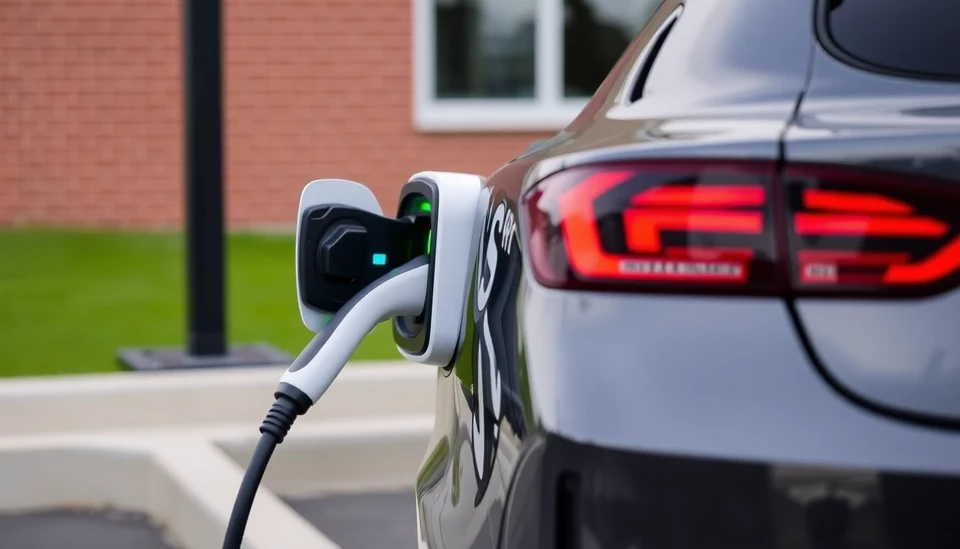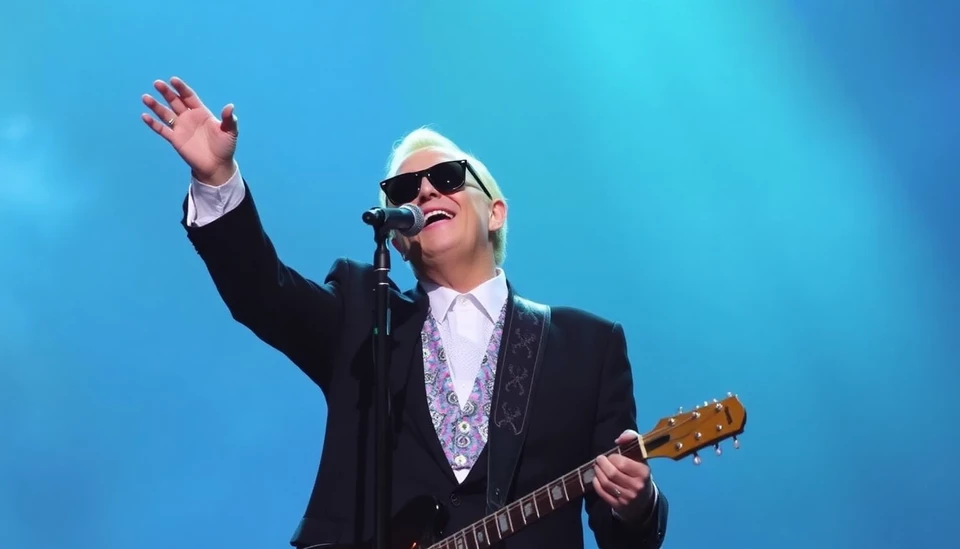
In a stark warning from industry experts, the anticipated cuts to federal funding are poised to significantly impede the expansion of electric vehicle (EV) charging infrastructure across the United States. The CEO of a leading EV charging company expressed concern that these financial limitations could slow down the rapid deployment necessary to support the growing adoption of electric vehicles.
The potential reductions in government support stem from a broader reassessment of budget priorities at the federal level. This comes at a crucial time when the demand for EVs is surging alongside an increasing push for sustainable transportation options amid rising environmental awareness and stringent emissions regulations.
The federal government has been a vital player in fostering the EV market, providing essential funding that has driven the establishment of charging stations throughout urban and rural areas alike. However, as policy discussions evolve, allocations previously earmarked for expanding EV infrastructure face uncertainty, leading to concerns expressed by industry leaders about meeting consumer needs.
The CEO elaborated that without sustained investment from the federal government, the rollout of EV chargers will lag behind expectations. This is particularly pressing given the Biden administration’s ambitious goals of significantly increasing EV sales by 2030, which include commitments to build out a nationwide network of half a million charging stations.
As automakers ramp up production of electric vehicles, the demand for accessible and reliable charging stations has never been more critical. However, the looming budget cuts threaten to stall progress in a sector already grappling with supply chain challenges and the need for technological advancements in charging solutions.
Furthermore, the potential decline in federal support could disproportionately impact rural areas, where infrastructure development has historically been slower. Many rural communities are at risk of being left behind in the EV transition, as fewer charging stations could deter potential buyers hesitant to invest in electric vehicles without the security of accessible charging options.
In light of these challenges, industry stakeholders are advocating for renewed discussions about funding allocations for EV infrastructure. They emphasize the need for a cohesive strategy that includes multi-stakeholder collaboration between federal, state, and local governments, as well as private partners, to ensure that the vision for a sustainable transportation future remains feasible.
As the landscape continues to shift, the call for ongoing investment in EV infrastructure has never been more pressing. The outcome of these funding decisions will likely shape not just the future of electric vehicle adoption in the United States but also the nation’s overall efforts to combat climate change and reduce carbon emissions.
With the ongoing momentum behind the electrification of transport, all eyes will remain on Washington as stakeholders await clarity on the future of federal funding and its implications for the EV charging network.
Stay informed about this developing story as further updates emerge from industry leaders and policymakers.
#EV #ElectricVehicles #SustainableTransport #Infrastructure #ClimateChange #FederalFunding
Author: Sophie Bennett




